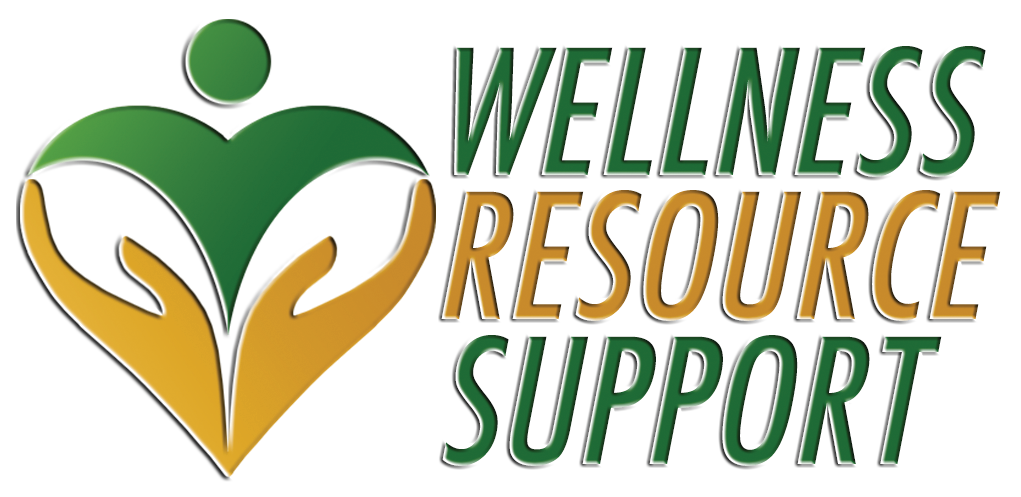Robyn Makes Sense
Peace of Mind?

Let me make sense of peace of mind. As humans, we have instincts and worry which comes from thousands of years ago when humans needed these basic instincts to survive. As we have evolved, instead of fearing lions, people are fearing everyday life. As caregivers and patients, fear of the unknown causes a tremendous amount of worry. Whether you are worrying about test results, struggling financially to pay for medical care, finding solutions or ultimately prognosis – YOU ARE NOT ALONE!
Let’s start with how worry affects us medically. Anxiety or stress increases your levels of cortisol. Most of the cells in your body have cortisol receptors, which controls development, metabolism and immune response. While a certain level of cortisol is good, since it controls things like inflammation, too much cortisol has a counter effect on the body. Once the hormone is released your immune system response is slower, muscles become weak, digestive and reproductive systems become suppressed temporarily. As the levels go back to normal, these body functions resume.
The concern is when people stay in a state of anxiety which produces cortisol regularly giving the body little to no time to bounce back between events. When you have a chronic illness or your body is fighting an infection, having a compromised immune system can be life threatening. I’m sure you know people that can’t eat when they are stressed, often get an upset stomach or get sick regularly. These are all common signs of someone who is stressed. Some long term effects include depression, weight gain, regular headaches, sleep problems, memory and concentration impairment.
Now you know some of the negative effects, let’s focus on finding peace of mind. Relaxation response is what happens, naturally, after the boost in cortisol due to stress or anxiety. If you are in a constant state of stress, your body does not go through the relaxation response which leads to long term complications.
The good news is that you can force yourself to get to a state of relaxation response when feeling stressed by doing breathing exercises, yoga or forms of meditation.
Preventing stress and anxiety is a way of keeping your peace of mind. Self care is an important component of preventing stress. Whether a patient or caregiver, taking a few minutes each day doing something to relax helps the body heal.
Accept the fact that you cannot control everything. Knowing and analyzing what you can control helps manage anxiety due to fear of the unknown. I often tell my clients that being an educated patient not only helps manage stress and expectations, it allows you to make educated decisions on treatment for you or your loved one.
Plan ahead and create action steps for emergencies. Setting up an environment to reduce risk of emergencies can alleviate a lot of stress. There are many resources available to provide a safe surrounding for those with special needs. Installing handicap bars for someone with mobility issues; installing smart home devices such as cameras, stove sensors, intercoms or voice activated light bulbs can all help in preventing accidents. Writing out an emergency plan will minimize the chaos during an emergency. Be sure to post this plan in multiple places throughout the home for easy access.
Peace of mind is defined as a planned state of being calm giving you a feeling of being safe or protected. The important part of the definition is that it’s a planned state of being, therefore it’s in your control to choose this state and live a healthier, balanced lifestyle.
Making sense of it all!
Robyn
Don’t miss out on seeing future blog posts, sign up for our mailing list.
© 2020 Wellness Resource Support. All Rights Reserved.
_________
Disclaimer: The information contained on Wellness Resource Support is intended for informational and educational purposes only. Any statements made on this website have not been evaluated by the FDA and any information or products discussed are not intended to diagnose, cure, treat or prevent any disease or illness. All writing and content on Wellness Resource Support is simply the opinion of the author and should not be treated as professional medical advice. The authors of this site have no medical training or licenses and do not claim to be medical professionals. Please consult a healthcare professional before making any changes to your medical care, diet or taking any supplements that may interfere with medications.



